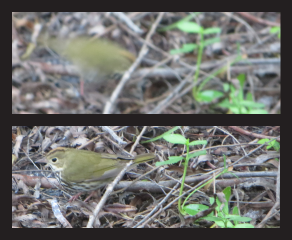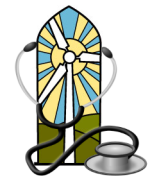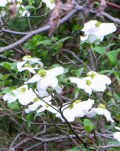Contributing to the Discourses of Society
The Bahá'ís of Irving are trying out a concept: on the last Friday of each month, we'll talk about a theme related to the "discourses of society," motivated by passages such as this one, from the Universal House of Justice's 2010 Ridván Letter to the Bahá'ís of the world (p10):
"... involvement in public discourse can range from an act as simple as introducing Bahá'í ideas into everyday conversation to more formal activities such as the preparation of articles and attendance at gatherings, dedicated to themes of social concern - climate change and the environment, governance and human rights, to mention a few. It entails, as well, meaningful interactions with civic groups and local organizations in villages and neighbourhoods."
The August event was the first in the series, and the concept itself was the subject of the evening's presentation...



